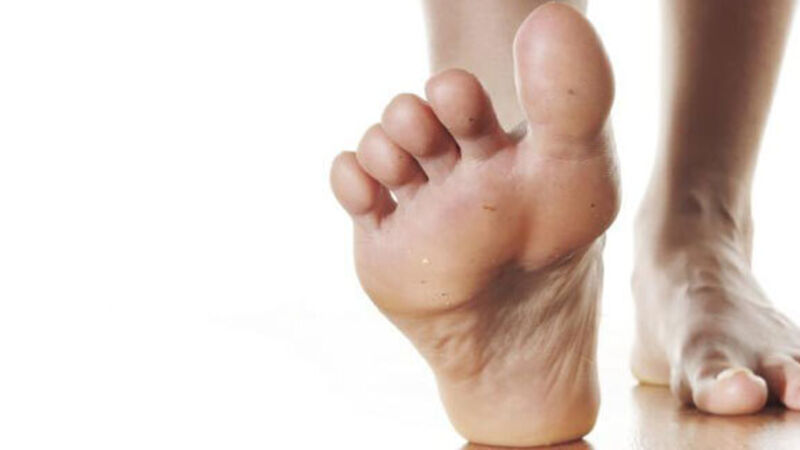Making a point

A recent study by the University of Portsmouth may change that perception.
Researchers say it may be as effective as painkillers. Based on ancient Chinese practices, reflexology involves applying pressure to body points — mainly the feet, hands and ears — to treat health complaints elsewhere. The principle is that these pressure points relate to other parts, or functions, of the body.











